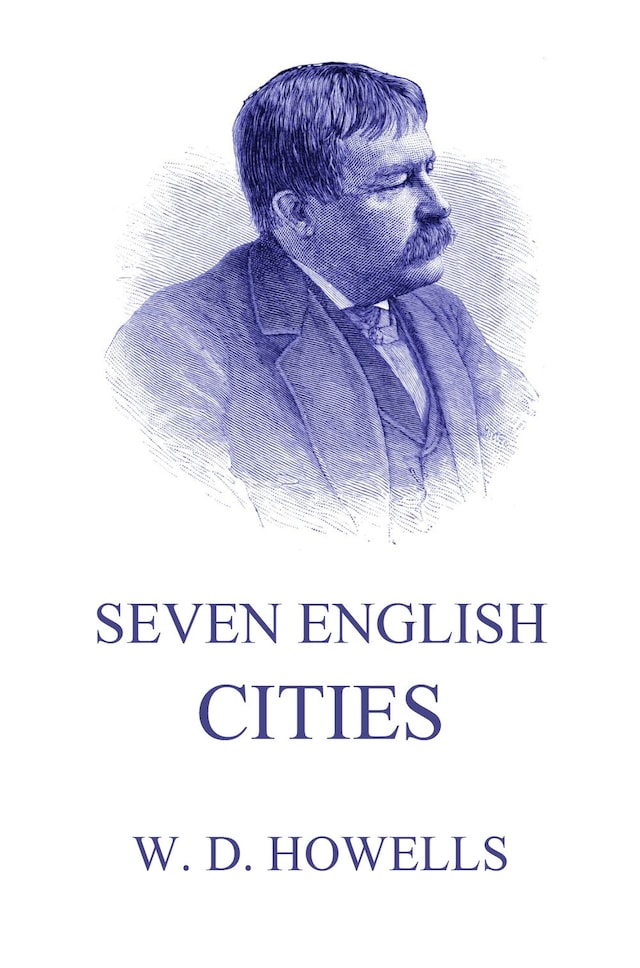
Seven English Cities
Beskrivelse av boken
To travel with Mr. Howells would indeed be the perfection of journeying, and it is hard to suppress a pang of envy for any friend whom he happens to refer to as his companion. But, fortunately, Mr. Howells has that grace with his pen which includes himself among the realities he presents, and makes the illusion of listening to him, instead of reading, quite easy. In "Seven English Cities" he is as gossipy and entertaining as ever. Liverpool, Manchester, and Sheffield receive his first attention ; and he insists that in spite of the cavalier treatment these places usually receive from travelers, they are " worthy to be seen and known." A doubt with regard to Liverpool may still linger in the mind of the reader, for Mr. Howells scarcely justifies anything in it except St. George's Hall ; but that may be only because, as he says, most of his memories of the place have been acquired since his visit. Or it may be because he is too much occupied in holding up the mirror to the " fond behavior of arriving Americans." But Manchester, with its parks, old-fashioned mansions, and dignified public buildings, and Sheffield, with its " dead forest " of chimneys, its Dukeries, and its Manor pathetic with memories of Mary Queen of Scots, evidently deserve his plea. York, however, holds him longest. Here he is haunted less by the " clutter of incidents " of English history than by Roman associations, and " never can get enough " of the windows of the Minster. Marston Moor eluded him, but he was compensated by " the civility from everyone which had so ineffectively abetted his search." After a glimpse of Dur ham, " where the medieval atmosphere is in perfect repair," he reaches Boston, a city in some respects unworthy of its New England descendant, especially in its ignorance of the places hallowed by the Pilgrims. Aberystwyth and Llandudno, Welsh watering-places with beautiful curving beaches complete the sacred number of his visitations. The Welsh he finds, not, according to their reputation, the " prize liars of the universe," but truthful — although valuable, — amiable, and admirably co-educated. The closing chapter on English character will cause some discussion. Are the English, as Mr. Howells thinks, really more courteous than Americans, and also more loyal, more united, and more charitable?
 William Dean Howells
William Dean Howells 172 Sider
172 Sider